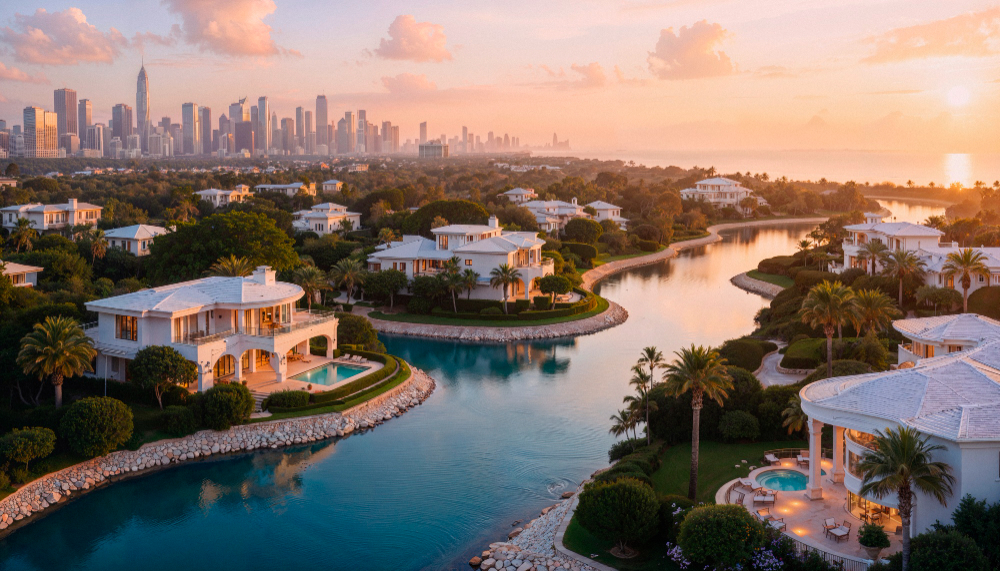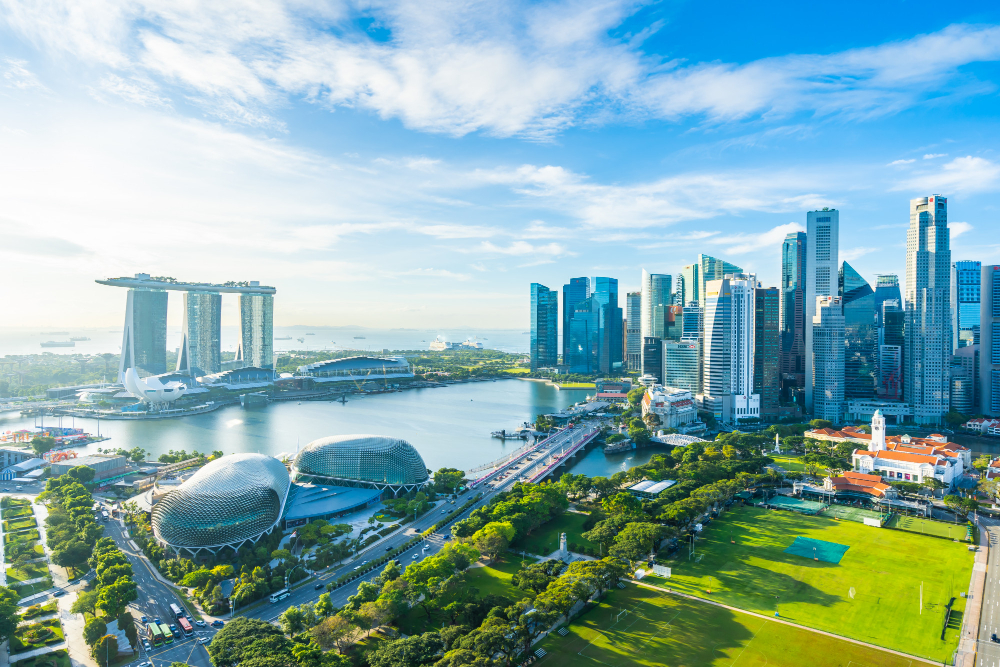Intro
Global mobility has never been easier—or more confusing. For remote workers, entrepreneurs, and high-earners looking to relocate, three names come up again and again: Dubai, Lisbon, and Singapore. Each promises lifestyle perks, tax advantages, and international access. But scratch the surface, and the differences are sharp. These aren’t interchangeable cities. They’re radically different systems with distinct expectations, trade-offs, and exit paths. Choosing between them isn’t about chasing a headline—it’s about aligning with structure.
The Wrong Way to Decide
Too many people compare based on surface-level attributes. Sunshine? All three deliver. Taxes? Yes, they’re each more efficient than most of the West. Quality of life? You’ll find luxury apartments and rooftop cafes in every city on this list. But those aren’t the real decision-makers. What matters is what each city requires from you—and what it enables after you move.
Lisbon: Lifestyle First, Structure Later
Lisbon offers one of the easiest landings in Europe. Its D7 and Digital Nomad visas are straightforward, its cost of living is relatively low, and its pace of life is gentle. But Portugal’s tax structure is often misunderstood. The Non-Habitual Resident (NHR) regime is being phased out. Banking is bureaucratic. And unless you speak Portuguese, everyday life can remain slightly opaque. Lisbon is brilliant for lifestyle-led movers who aren’t looking to scale a business quickly or optimise large cross-border assets.
Singapore: High-Efficiency, High-Expectation
Singapore is surgically efficient. Everything works—from the metro to the legal system to the tax office. For high-net-worth individuals, family offices, and regional operators, Singapore offers a safe, serious platform with strong governance. But it also expects structure in return. Visas are tied to job roles or substantial investment. Housing is expensive. Schooling is competitive. Singapore is ideal if you’re already playing a regional or global game—and you want clarity over comfort.
Dubai: The High-Access, High-Adaption Model
Dubai sits between the two. It offers access without the intensity of Singapore and structure without the slowness of Lisbon. The visa landscape is diverse, the tax exposure is low (if managed correctly), and the city is deliberately international. But Dubai also requires adaptability. It isn’t turnkey. You’ll need to understand how banking, leases, schooling, and social systems work together—and how they respond to your visa and income structure. For builders, optimisers, and entrepreneurs, Dubai can be a powerful platform—if you approach it strategically.
Your Lifestyle Isn’t the Whole Story
A sunny climate and a rooftop view are not a relocation strategy. The real question is: what does each city allow you to do next? Do you want to build a company, protect capital, raise a family, or exit a high-tax jurisdiction with grace? Each of these paths will point to a different city. And within each city, the sequence of your move—how and when you establish legal, financial, and logistical presence—will determine whether it works for you.
This Is What the Webinar Is Designed For
In Your Dubai Move, we don’t sell the city. We show how it fits—or doesn’t—for your real goals. We’ve spoken to dozens of movers deciding between Dubai and other hubs. The webinar explains what Dubai enables structurally, how it compares in real-world trade-offs, and where people go wrong when they try to copy-paste strategies from elsewhere.
If you’re comparing cities, don’t rely on YouTube or blog opinions. Rely on real structure. Join the webinar and get a framework that’s built for decision-making, not dream-chasing.







